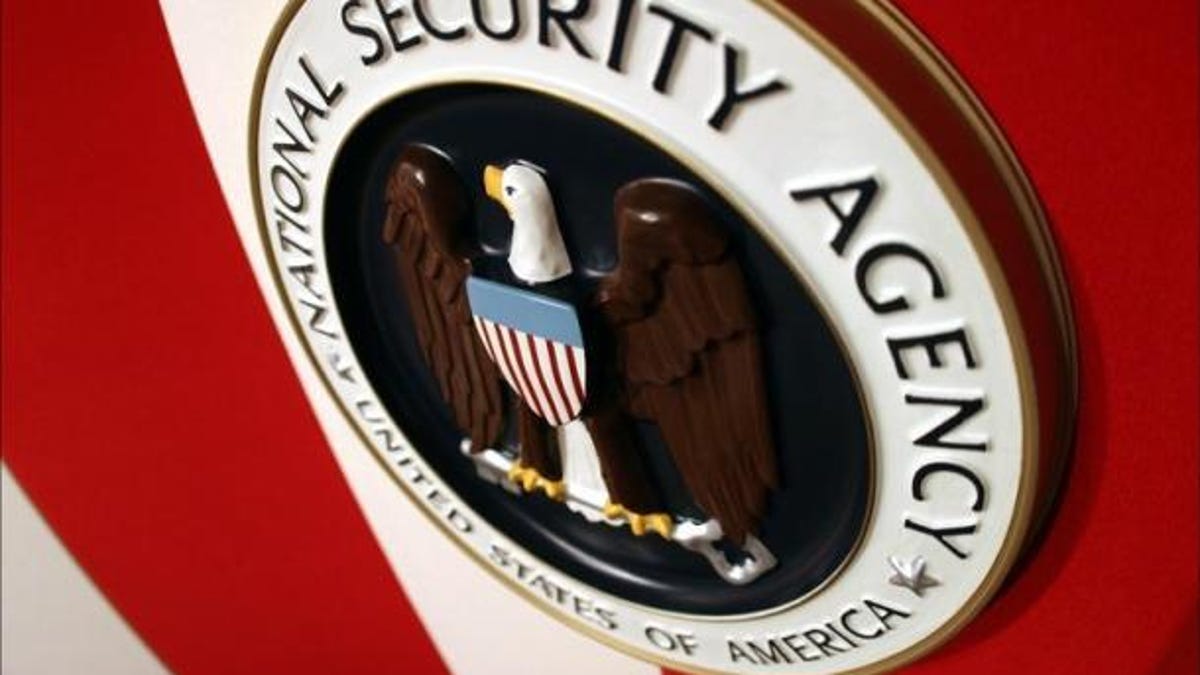European leaders lash out at US over data snooping
Following reported revelations of the US spying on allies, some European officials say it's now more difficult to trust the US.

The US continues to be browbeaten by European leaders upset over the latest leaks about NSA snooping.
The French paper Le Monde reported Monday that the National Security Agency had made more than 70 million recordings of the phone calls of French citizens in a one-month period. Based on documents leaked by former NSA contractor Edward Snowden, Le Monde said it believed the NSA recorded people who simply worked in business or politics and not just those associated with terrorism.
Another story out Wednesday from German publication Der Spiegel said that the US had targeted the private cell phone records of German Chancellor Angela Merkel, prompting her to call President Obama for an explanation.
Merkel, for one, has publicly expressed her unhappiness, saying that the trust she had in Washington has broken down.
"It's become clear that in the future, something needs to change -- and I mean seriously change," the chancellor said in a news conference, according to The Wall Street Journal.
Some European officials said they believe the revelations could jeopardize joint antiterrorism efforts and other issues that depend on cooperation between the US and Europe. A few have even called for tighter privacy rules across the continent, the Journal added. And at least one person is putting the blame squarely on the NSA.
"I have the feeling that the NSA has gotten completely out of control," European Parliament member Axel Voss said. "One cannot assume that Ms. Merkel is a top terrorist whose cell phone absolutely needs to be tapped."
European Commission President Jose Manuel Barroso went so far as to draw an analogy between the US actions and those of the former East German secret police.
"You speak about Chancellor Merkel in Germany, there was a part of Germany where there was a political police that were spying on people's lives every day," Barroso said, according to the Journal. "We know very well what happens when the state uses powers that intrude in people's lives."
Spying on one's allies does seem to be a not-so-secret secret among nations. Christian Whiton, a former senior adviser at the US State Department, told CNN that Merkel's outrage may be for show.
"I think especially with Germany and France, of course, they are very familiar with US signals intelligence, which is the technical term for eavesdropping," Whiton said. "We use a lot of signals intelligence, we share it with our allies. And they spy on us too. France is one of the most aggressive collectors of intelligence. So what you are seeing is a bit of kabuki theater that will probably blow over before too long."
Still, the US has been forced into damage control, carefully weighing its words in response to the accusations. White House press secretary Jay Carney said that the "president assured [Merkel] that the United States is not monitoring and will not monitor the communications" of the chancellor. But the specific tenses used in that statement have led some to speculate that such monitoring may have gone on in the past.

